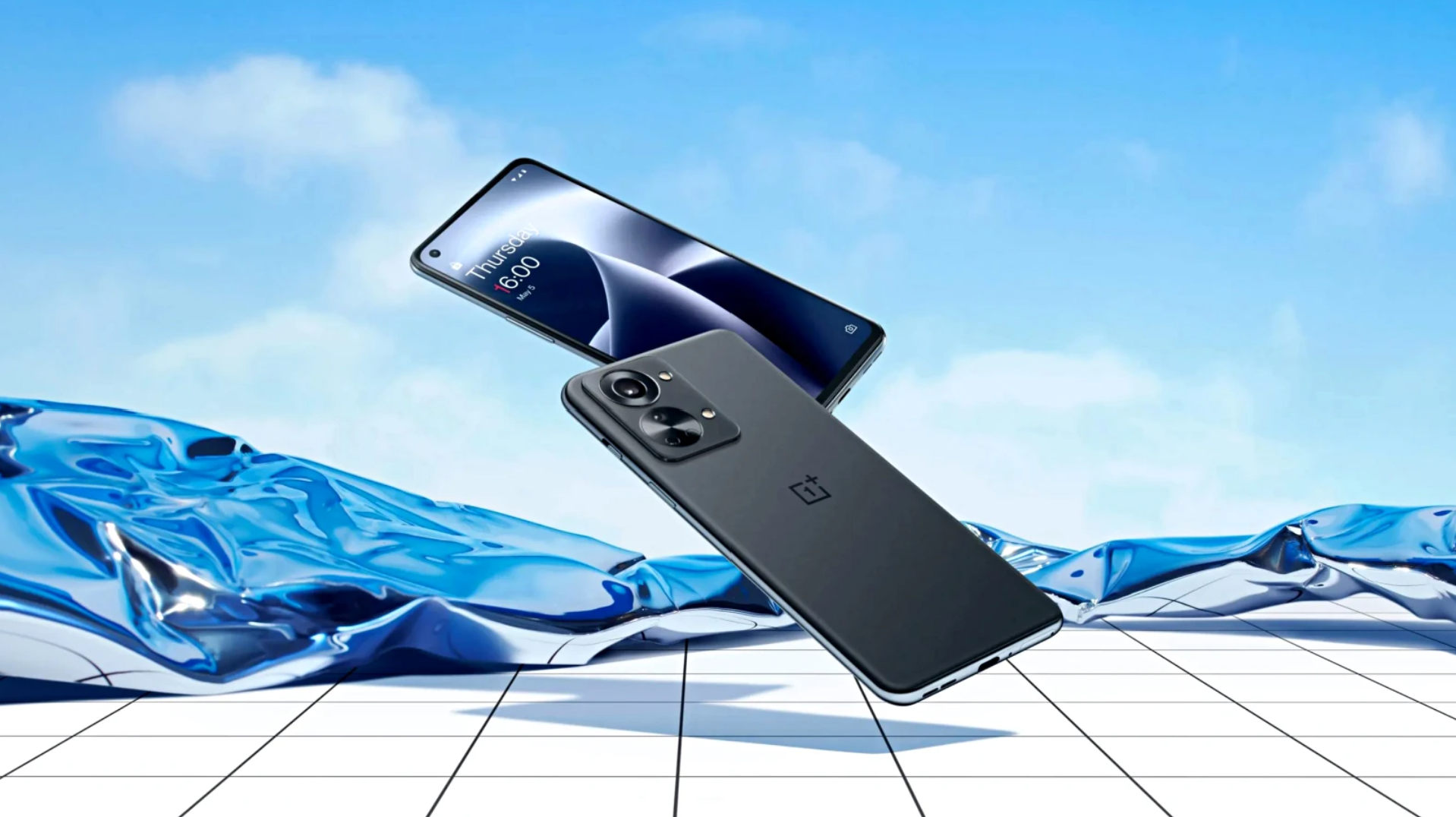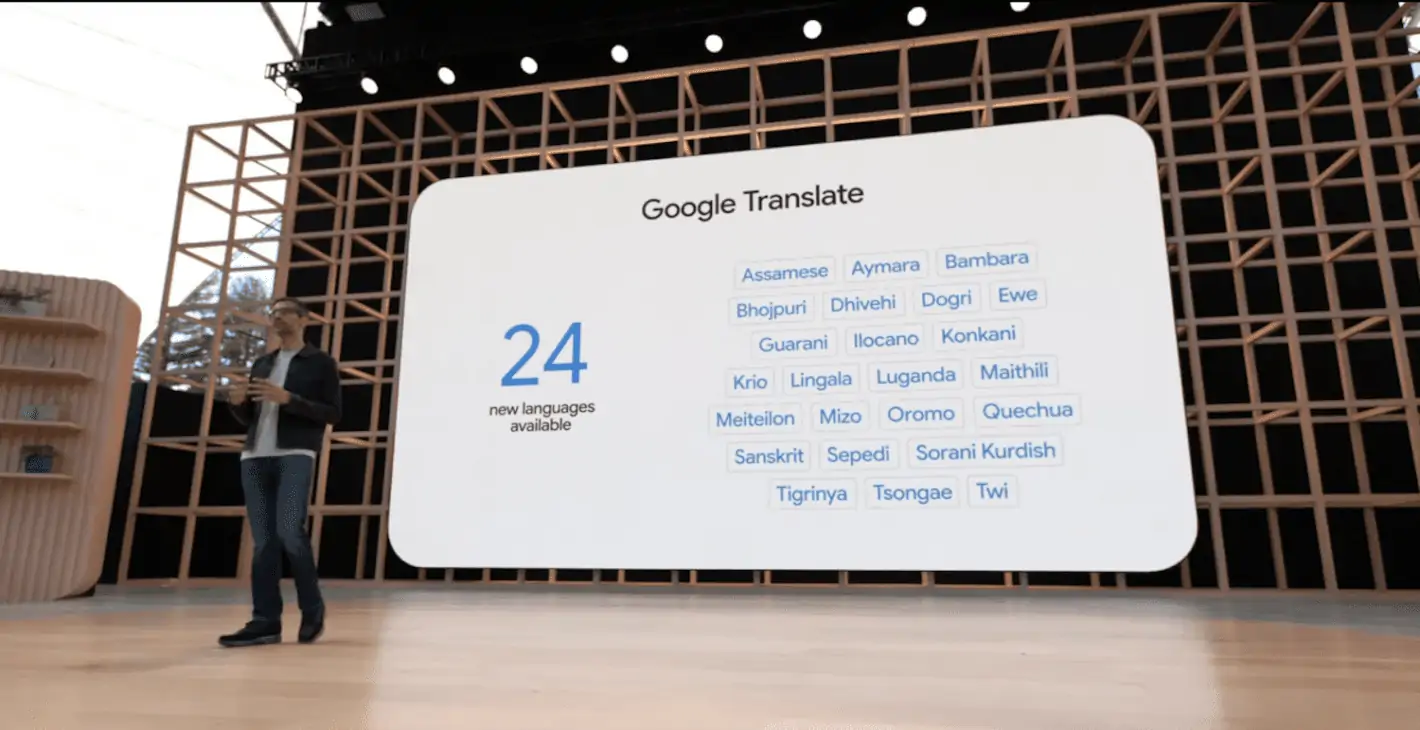Even if you haven’t walked into a pole or driven your car into a pond because you were staring at your smartphone, there’s a chance you’ve wondered if it’s time to cut back.
If you enjoy Android phone as much as I do, there’s little doubt it’s your most personal device hardly leaves your side. You’re not alone. A w study from 2015 pointed to how much the smartphone is central to most people’s lives in important ways, like looking up a medical condition, real estate listings, or a job search.
l those messaging apps hy tools from make your phone the ideal companion. And as trendy cool as going on a “digital detox” may be, it’s just not practical. The right path is to go for the middle road. There are smart ways to curtail your use that won’t mean disconnecting from the people events that are important in your life. Here are some tips to get you started.
Step one: get information
I’ve had the most help with this by tapping into Android’s tools third-party apps to tell me exactly how much time I’m spending on my phone. A quote attributed to F. Drucker is helpful in this regard: “at’s measured improves.”
One place to start is an area you may not expect: the battery. Android’s system is designed to tell you which apps system resources are draining away the juice the most. However, it’s also a good measure of which apps you’re spending the majority of your time with. If certain applications are at the top, it could be a sign that this is the first place to cut back.


Android’s battery stats can also give you a picture of which apps you spend the most time with.
Another tool is to use a third-party app. One such option is Qualitye, which tracks which apps you use allows you to schedule “breaks” that make your phone mostly inoperable (you can undo if something important arises).


Qualitye will tell you just how much time you’re spending on certain apps help you set usage alerts if you’re trying to tone it down.
I’ve found you get some good information here, so if an app like Twitter or a particular game sticks out, that may serve a sign that you may need to dial it back. There are other options in this category like Addicted one Usage Tracker. But even though Qualitye is a little overdue for an update, I still find it to be the most powerful.
Underst do not disturb
I’ve long used the do not disturb feature as something to turn on when needed or off when it’s time for bed, a power nap, or other moments in the day when it’s best to be left alone.
You can start a do not disturb session from the drop-down settings tile. The exact configuration may look a little different depending upon the specific interface of your phone.
On Marshmallow Nougat, when you enable do not disturb you’ll see three specific options. There’s total silence, which as you can imagine will shut you off from the outside world. If you want a temporary reprieve, you can enable this until you decide to switch it off or for a set period of time.


Do not disturb has a lot more options than just a binary approach to notifications.
The arms Only setting is what you’d expect, with everything unable to bother you unless it’s an alarm. This is actually a good setting for a nap, so you won’t be interrupted by a call but you won’t sleep away half the day. Finally, iority Only is the most practical setting to use if you want to cut back on the notifications, but don’t want to be out of touch.
There’s another way to use these capabilities to help you get disturbed even less. Touch hold the Do not disturb tile in the quick settings or head to Settings > Set do not disturb schedule.


If you’re willing to do some digging, you can customize the do not disturb modes set up times when you can be left alone.
There are multiple options for setting up a specific sessions of near silence. You can create different rules by day time, then apply the total silence, alarms only, or priority mode.
Dial things back
The last piece of advice probably involves the most work. But in the end, crafting the ideal experience that won’t pester you is worth the effort.
en it comes to apps that are going to eat away the most of your time, some of the culprits are usually in the realm of social media. Twitter alone has a considerable number of choices for whether you want to be highlighted by tweets, mentions, news, recommendations, more. You can just turn off notifications altogether, as long as this isn’t something you think you’re going to miss. Same goes for Facebook or any other social network you’re a part of—you’re going to need to dig into the settings specify what type of information you want to get pinged about.


Get ready to spend some time if you want to adjust Twitter’s notifications.
Another option is just to go dark with social media altogether. Really, are you getting that much out of arguing with friends on Facebook or seeing the latest tweets? The high-octane news cycle has certainly kept me hooked, but I’ve recognized that there are times I ought to take a break pick up a Kindle or at the very least engage my mind with a more analog task.
A middle road could be to uninstall the apps, but sign to the web apps with Chrome. Using Facebook this way on mobile is particularly popular amongst the team, as it’ll not only pester you less but save you some battery life. us if the Facebook app isn’t right there on your home screen, you may be less likely to dive down that rabbit hole.


It’s Facebook, but with less battery drainage annoying alerts.
Another notorious offender is eBay. By default, you get a notification for every single big on an item you’re selling. This gets annoying fast. And don’t even get me started on games. y too many mobile games will pester you by default after you’ve installed them played a few rounds.
The bottom line, however, is that dialing back on your smartphone use is a combination of analyzing your own use, trimming notifications, applying some willpower. There’s a lot of fake science out there claiming that your phone is destroying your brain. But we could probably all benefit from some time off the firehose of social media or getting lost in a maze of meerkat videos.


















